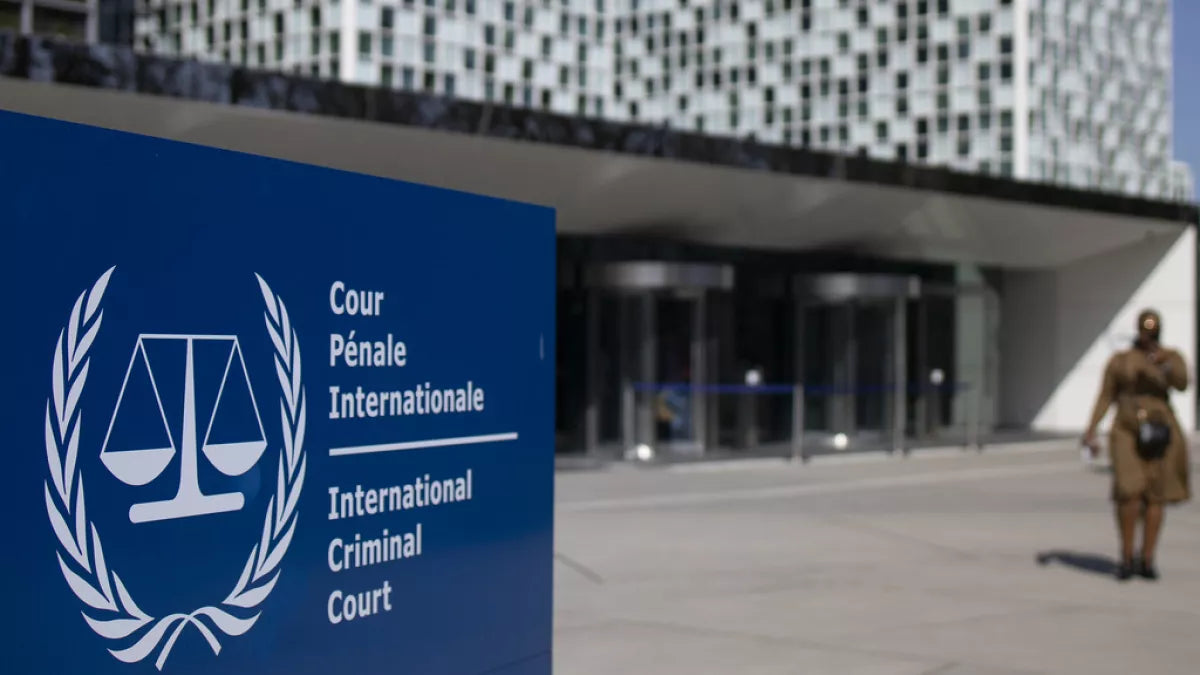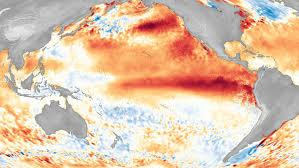
DRC: ICC relaunches investigation into crimes in eastern Congo
On 15 October 2024, the Prosecutor of the International Criminal Court (ICC) announced a relaunch of the investigation into alleged crimes committed in the eastern Democratic Republic of the Congo (DRC). This region, plagued by recurring violence for decades, is the scene of serious human rights violations, perpetrated by armed groups as well as government forces. The announcement marks a turning point in the quest for justice for the millions of victims of violence in this part of the country.
A region under the yoke of violence
For more than two decades, eastern DRC has been a region torn apart by complex conflicts, including ethnic struggles, clashes over natural resources and the involvement of regional actors. Local and foreign armed groups are active there, accused of looting, massacres, mass rape and recruitment of child soldiers. The Armed Forces of the Democratic Republic of Congo (FARDC) have also been implicated in abuses against civilians, worsening an already dire humanitarian situation.
The ICC Prosecutor stressed that evidence gathered over the years shows recurring patterns of crimes against humanity, war crimes and potential genocide. Although several investigations have been launched by the ICC in the past, the persistence of violence and the complexity of the terrain have often hampered progress. This new phase of investigations aims to examine in more detail the individual responsibilities for the atrocities committed, and to bring to justice those who have so far evaded prosecution.
The quest for justice in a hostile environment
The ICC announcement comes at a time of increasing international pressure to end impunity in eastern DRC. Human rights groups and victims’ associations have long called for more concrete action to ensure that perpetrators are brought to justice and that victims obtain reparations.
The main challenge for the ICC is the chronic instability in the region. Armed groups control vast territories, and Congolese security forces struggle to restore order. In addition, witnesses and victims often live under threat of reprisals, making the collection of testimony and evidence extremely difficult.
In this context, the ICC is working closely with local and international organisations to secure testimonies and ensure the protection of victims. The Prosecutor also called on the international community to strengthen its logistical and financial support to enable a comprehensive investigation. One of the priorities is to document the crimes in sufficient detail to prevent those responsible from escaping justice.
Towards restorative justice?
The ICC’s renewed engagement in the DRC raises hopes, but also questions about its long-term effectiveness. Indeed, although the court has already convicted several Congolese warlords, including Bosco Ntaganda and Thomas Lubanga, many other influential actors in the conflict still escape prosecution. The lack of systematic support from some member states in the region also complicates the task.
However, for victims and survivors, this relaunch of investigations represents a glimmer of hope. International justice, although slow and imperfect, often remains their only recourse in the face of a failing or corrupt national justice system. One of the priorities for victims is also the recognition of the violence suffered and the reparation of the wrongs, beyond the simple conviction of the perpetrators.
As the ICC investigations continue, it remains to be seen whether they will succeed in ending the endemic impunity that fuels violence in the DRC. For many Congolese, true justice will only come with lasting peace and stability in the east of the country.



Leave a comment
This site is protected by hCaptcha and the hCaptcha Privacy Policy and Terms of Service apply.